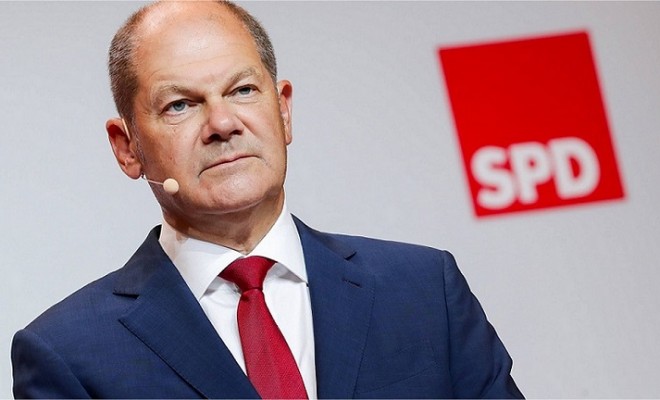
Memo to Chancellor Scholz: ‘Sustainable investment not real estate’
A timely warning to the new German government on promoting productive rather than speculative investments has been sounded by a wide-ranging report from McKinsey Global Institute, launched with OMFIF in Frankfurt on 24 November.
The report, pinpointing imbalances caused by huge worldwide flows of liquidity into real estate, outlines the urgent need for global policy action to influence market mechanisms and direct world savings into investments supporting sustainable economies.
The study stops short of suggesting firm conclusions. But it supports the thesis that massive central bank government bond purchases through quantitative easing have made flows into real estate – making up an estimated two-thirds of world assets – virtually self-perpetuating. This strongly contributes to widening global wealth gaps.
The report coincides with announcement of the main policy proposals of the future Berlin government under Chancellor-elect Olaf Scholz. The 52,000-word coalition treaty agreed by the partners in Scholz’s prospective three-party government is replete with ambitious plans in digitalisation, sustainability, climate mitigation and social housing. These are all key issues underlined by MGI in the Frankfurt OMFIF presentation.
In taking over from Angela Merkel as German chancellor, Scholz pledged on 24 November ‘the biggest industrial modernisation of Germany in more than 100 years’ coupled with pioneering commitment on climate mitigation.
The aspiration-heavy coalition treaty mentions digitalisation 227 times, climate 198 times and sustainability 100 times. There are 72 references to ‘modernisation’ and ‘future’, 118 to ‘social’ and 61 to ‘housing’. Showing the so-called traffic-light coalition’s strong ideological leanings towards European Union integration, ‘Europe’ comes up 259 times.
Συνέχεια εδώ
Πηγή: omfif.org




